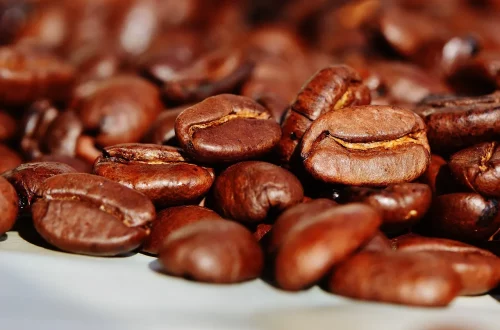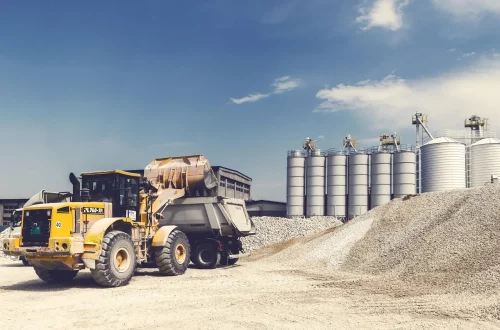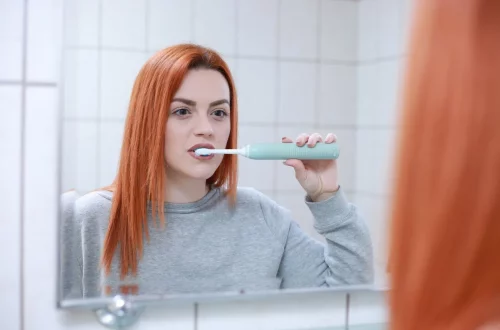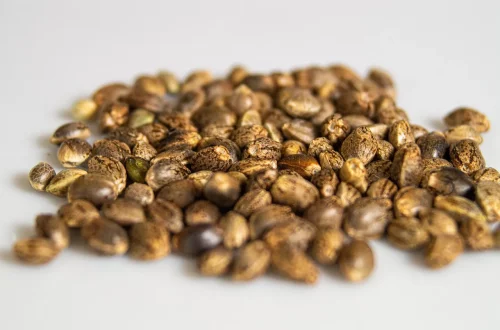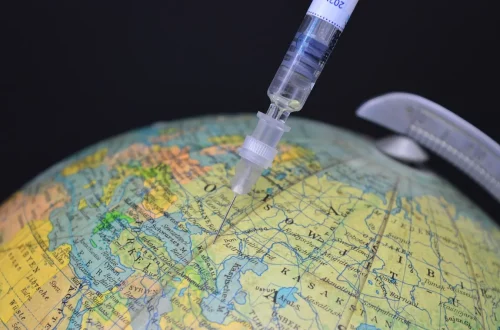-
Understanding the Role and Impact of Force Feeders in Animal Care
Understanding the Role and Impact of Force Feeders in Animal Care In the realm of animal care, the methods used to ensure animals receive adequate nutrition can vary greatly, influenced by species, environment, and individual needs. Among these methods, force feeding is a practice that often ignites debate among veterinarians, animal welfare advocates, and pet owners alike. This technique, while sometimes necessary, raises questions about its ethical implications and its effectiveness in promoting health and well-being. Force feeding involves administering food to an animal against its will, typically when it is incapable of eating on its own due to health issues, stress, or other factors. While proponents argue that it…
-
Best Practices for Equine Sperm Collection in Veterinary Reproduction
Equine reproduction is a vital aspect of veterinary medicine, with significant implications for breeding practices, animal health, and the equine industry as a whole. The process of sperm collection in horses is an essential component of assisted reproductive technologies, including artificial insemination, which has transformed the way we breed high-quality horses. The collection of equine sperm requires specialized knowledge and skill, as it involves both the physical handling of the stallion and an understanding of the physiological factors that influence sperm production and quality. Successful sperm collection not only relies on the stallion’s health and readiness but also on the techniques and equipment used during the process. Creating a stress-free…
-
Understanding Equine Dental Floats: Importance and Best Practices
Equine dental care is an often-overlooked yet crucial aspect of horse management. Just like humans, horses rely on their teeth for proper nutrition, and dental issues can lead to significant health problems if left untreated. The anatomy of a horse’s mouth is complex, with teeth that continuously erupt and wear down due to the horse’s natural grazing habits. This continuous growth makes regular dental check-ups essential for ensuring the well-being of horses. Dental floats, specialized tools used by equine dentists, play a pivotal role in maintaining a horse’s oral health. These tools are designed to smooth out sharp edges and correct misalignments, preventing pain and discomfort that could affect a…
-
Essential Guide to Equine Dental Floats for Optimal Horse Health
Maintaining optimal health in horses is an essential aspect of responsible equine care. While owners often focus on nutrition, exercise, and veterinary check-ups, one often-overlooked area is dental health. Just as human dental care is crucial for overall well-being, the same principle applies to horses. Horses, being herbivores, have unique dental anatomy and needs that require regular attention. The equine dental system is designed to efficiently process fibrous plant material, but this specialized structure can lead to various dental issues, such as sharp enamel points, uneven wear, and periodontal disease. These problems can cause discomfort, hinder proper chewing, and ultimately affect a horse’s overall health and performance. Therefore, understanding the…


